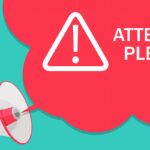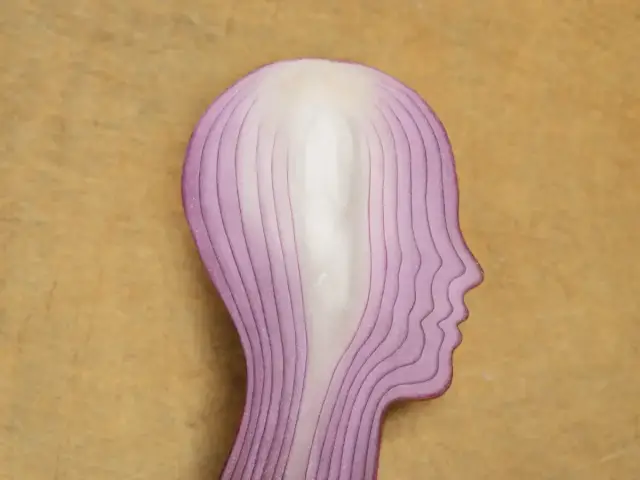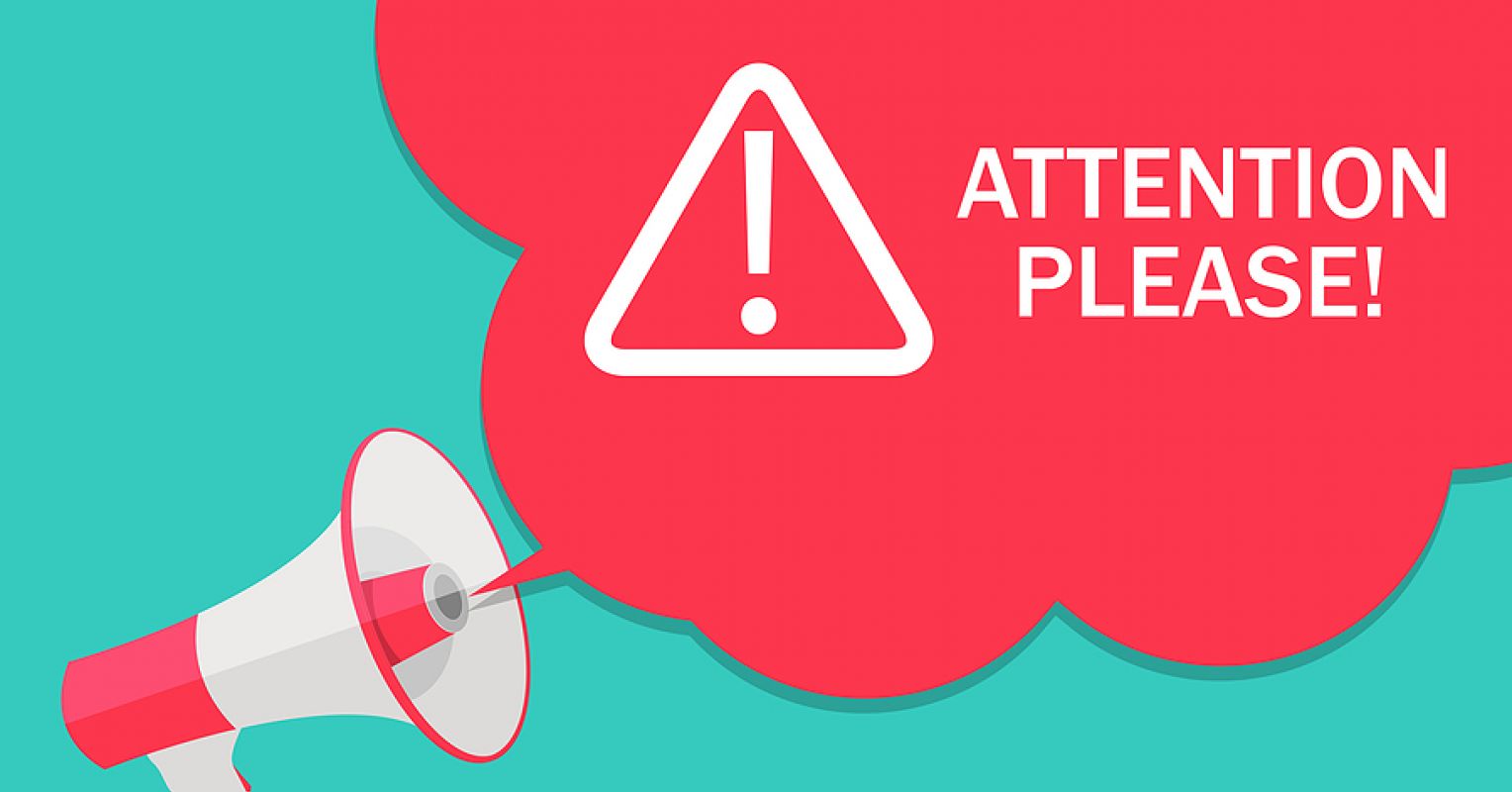Whether depression, anxiety, psychosis, trauma reaction, or some other Mental health difficulty, the common refrain I hear (from family, friends, YouTube followers, potential individuals for therapy) is, “Aaron, I am doing…” and then a laundry list of coping skills: walking, box breathing, tai chi, petting their schnauzer.
They are putting out fires.
Some Mental health providers focus treatment on the series of fire flare-ups, and the solution is training individuals in a litany of fire extinguishers—or what people call coping skills. These coping skills come in the form of the million worksheets, Instagram Reels, forwarded YouTube videos, and other media.
They teach us a problem-to-response relationship. It might be a direct response (i.e., I feel anxious, so I do breathing) or an ambient impact (walking every morning to reduce the chance of anxiety). Many people feel empowered at first and benefit. But others are like the ones I hear from, who do not and feel more broken.
The problem with the fire extinguisher approach to therapy (teaching coping skills) is twofold:
- We are not intentionally changing our way of seeing the world and so the predisposing factors remain the same.
- It means we are repeatedly lighting our “psychological house” on fire and then grabbing the appropriate extinguisher to find relief.
This hardly sounds like a good long-term strategy for recovery and includes many points of potential failure.
The problem with fire extinguishers
While relieving a problem in the short run feels good (relying on a fire extinguisher), the presenting problem is related to what the individual tells themself, and that is based on lessons they’ve learned throughout life. Lessons may be about:
- The self (I am weak).
- Others (they will harm me).
- The world (everything is unpredictable).
- The future (things will never get better).
So, if I learned that I am weak and go into a crowded store, I might tell myself, “Someone will hurt me.” I feel anxious, and my body reacts (heart racing, body sweats). My brain immediately screams, “See, I knew we were going to die; no one ever listens to me!”
If I whip out my fire extinguisher (deep breathing), my body feels better, but the credit goes to the coping skill. Thank goodness I had a fire extinguisher, or I would have died. Go get more fire extinguishers, you weak, weak psychologist.
Really? I think I handled myself pretty well. Especially considering how freaked I was. What could we have learned? After the breathing? About my capability? What did I do in that situation?
I am… what?
Look at all the learning that was lost when I focused on the fire extinguisher and neglected what using the fire extinguisher meant. I lost the chance to develop a fire retardant (learning that would prevent the fire from catching in the first place or minimize the impact).
Learning: The fire retardants of psychotherapy
When our work in recovery shifts attention from accruing millions of coping skills and focuses on learning new lessons, two things can happen:
- Recovery becomes less stressful: Trying to remember the 52 variants of breathing for the exact anxiety type and phase of the moon is stressful, and we get more preoccupied with managing the backlog of coping skills than actually learning to effectively use a few.
- We feel more in control: When looking to do one or two things really well and then draw a conclusion from it, the world of recovery slows down. We can see our wins. Additionally, the work is about what the experience means versus stopping experiences. Spoiler alert: We cannot stop experiences.
Most durable recovery occurs when people correct their views of the self, others, the world, and the future. When we learn new, more adaptive lessons, the situations we enter get easier to approach. Learning from the crowded store example, I can do things to feel better, mean I need to re-evaluate the lesson, I am weak.
The next time I go into a crowd, I’m a bit less certain that I am totally weak, and I might notice my strengths. These changes lead to less anxiety being triggered and a positive cycle. Especially when I pay attention to those moments of success.
Additionally, when I try a skill and it is a dud, I do not learn I am weak; I learn the skill was weak, and I search out a better skill.
So, are coping skills bad?
No. Coping skills have their place in therapy. They are great for:
- Early in treatment: Get buy-in, stability, increased functioning.
- Part of treatment: Coping skills are often one cog in the machine of recovery. For example, they are used in the activity scheduling intervention.
- Address specific obstacle: Targeting a specific obstacle to action is helpful, but learning should be included.
How do we shift?
If you find you are exhausted by looking for more things “to do” to help with your mental distress, you are not alone. Here are some helpful steps:
- Take stock: Look over your trunk filled with coping skills. Identify a few that work (bring in a friend, peer, provider to help). Diversify: so, not all breathing. Don’t choose the flashiest, popular ones. Choose the ones that have helped. Retire the rest (keep some honorable mentions for backups).
- Practice them: At home and then in the wild. You should be able to do this skill automatically.
- Start to get curious: Ask yourself what it means when you are successful? About you? About others? About the world? About your future? Can you test that out again? Test it out often?
- Talk to your provider about testing these ideas out. If they suggest more skills, ask about learning from the skill.
As you learn new lessons, notice if the situations get easier or harder. Do you feel more confident and capable? Keep learning and spreading the fire retardant.
The skills will become secondary and the world will be set on fire a bit less.
To find a therapist, please visit the Psychology Today Therapy Directory.













